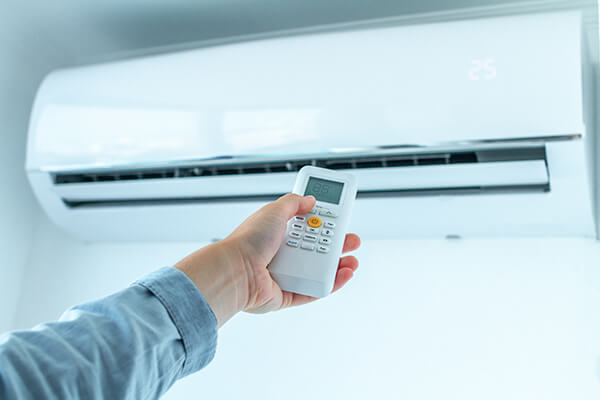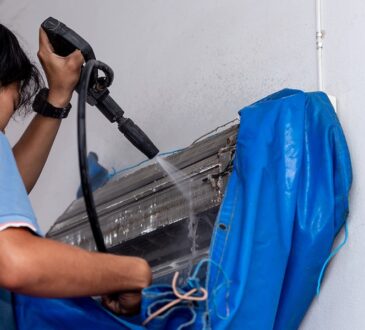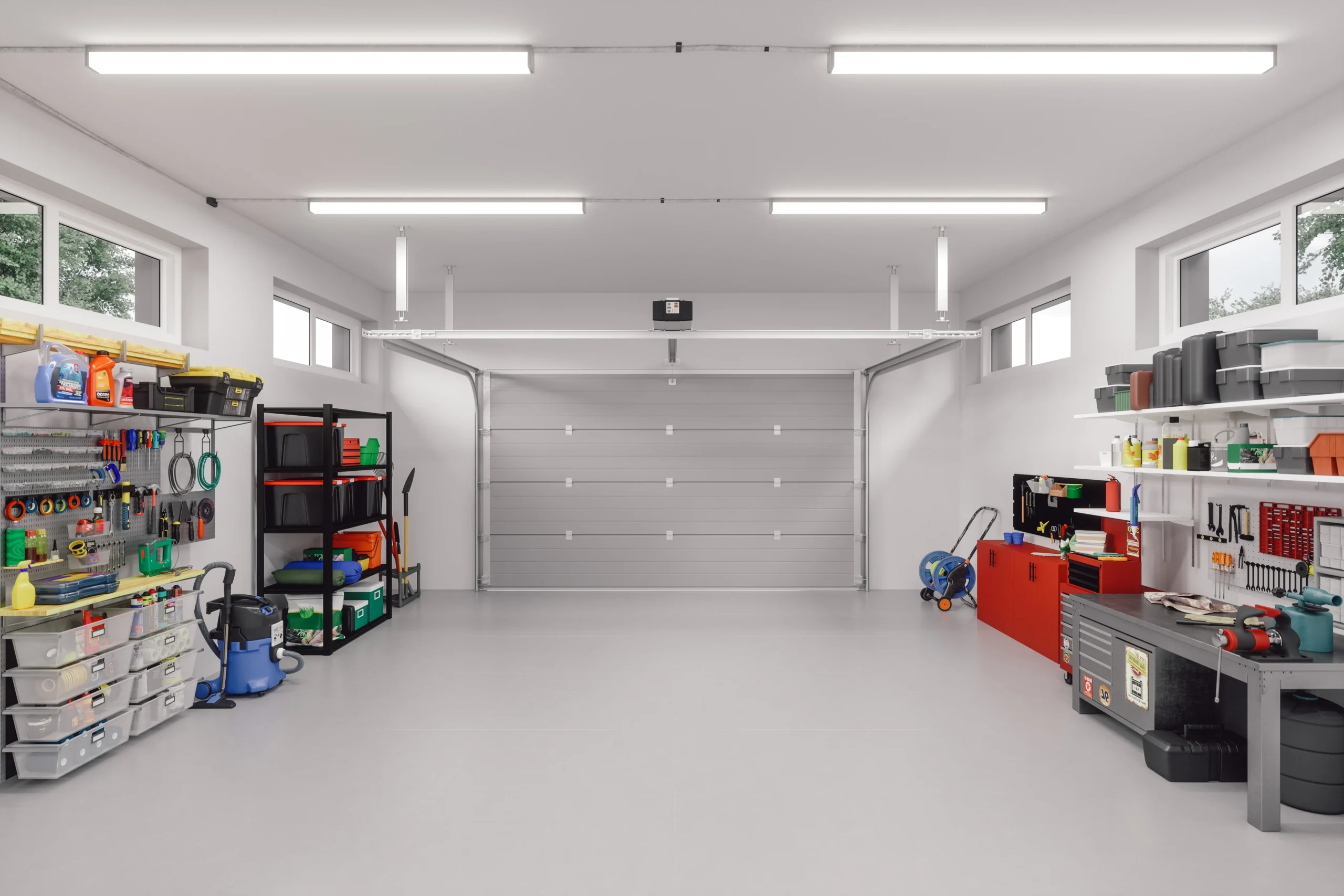
Have you been sneezing more indoors, noticing more dust around the house, or smelling something musty every time your HVAC system kicks on? You might be surprised to learn that your HVAC system could be the reason your indoor air quality is suffering.
Let’s break down how to spot the signs and what you can do to fix it.
What Are The Signs Of Poor Indoor Air Quality?
If your HVAC system is not working at its best, it might be circulating more than just warm or cool air. Here are some red flags:
Unusual Increase In Dust
Are you dusting more often than usual? If you notice dust collecting quickly on surfaces or around your vents, your HVAC system might be distributing unfiltered particles throughout your home.
Musty Or Moldy Odors
Does your home smell stale or musty when the air or heat is on? Mold or mildew can grow inside your ductwork or near your unit, especially if moisture builds up and is not addressed.
Worsening Allergies Or Respiratory Issues
If your family is sneezing, coughing, or experiencing itchy eyes more frequently indoors, your HVAC system may be circulating allergens or pollutants.
Uneven Temperatures Or Humidity
An HVAC system struggling to maintain even temperatures might also be failing to manage humidity, creating the perfect conditions for mold growth and discomfort.
General Fatigue Or Headaches
Poor indoor air quality can lead to headaches, dizziness, or even fatigue, especially when you’re home for extended periods.
How Can You Improve Your Air Quality?
Change Your Filters Regularly
Dirty filters are one of the most common culprits. Swap them out every 1 to 3 months, depending on usage, to trap more dust, pollen, and pollutants.
Schedule Routine Maintenance
Professional tune-ups can catch issues early, like blocked vents, dirty coils, or poor airflow, that contribute to bad air quality.
Consider Professional Duct Cleaning
If your ducts are full of dust or show signs of mold, a thorough cleaning by professionals can significantly improve air quality.
Install An Air Purifier
Adding an air purifier or upgrading your HVAC filter to one with a higher MERV rating can help trap smaller particles like smoke, bacteria, and pet dander.
Monitor Humidity Levels
Your HVAC system should help balance humidity. If it’s too high or too low, consider a humidifier or dehumidifier to keep things in check.
Breathe Easy With The Right HVAC Care
Poor indoor air quality doesn’t have to be the norm. Your HVAC system should make your home more comfortable, not cause allergy symptoms or discomfort. With regular maintenance, clean filters, and a bit of attention, you can turn your system into your home’s best defense against indoor air pollution.




